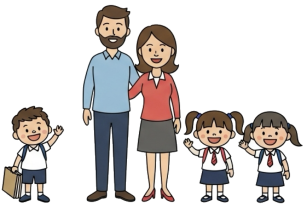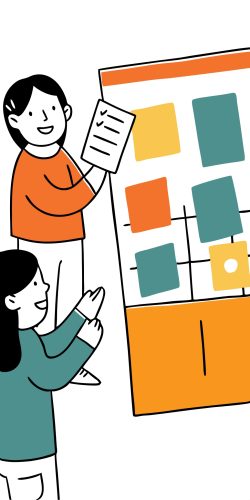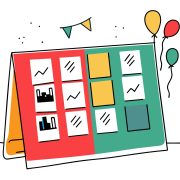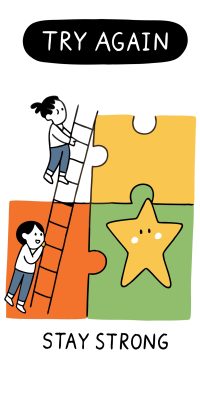
Question More, Action Knowledge.
Remember, at QMAK, we don’t just teach; we empower. We don’t just inform; we inspire. We don’t just question; we act. Become a Gold Member, and let’s unlock your child’s full potential, one question at a time.

Setting and achieving goals provides children with a powerful antidote to self-pity.
When children experience the satisfaction of working toward and reaching objectives, they develop a sense of agency and capability that naturally counters feelings of helplessness.
By learning to set realistic goals, break down challenges into manageable steps, and recognize their progress, children build the confidence and resilience needed to approach life’s difficulties with optimism.
These activities are designed to help 7-year-olds develop goal-setting skills and experience the joy of achievement.
Through these practices, children learn to focus on what they can accomplish rather than dwelling on limitations or disappointments.
Purpose: To create a visual representation of achievable goals that motivates effort and makes abstract aspirations concrete and visible.

Set the stage for thoughtful goal exploration:
Guide your child to develop goals that are both motivating and achievable:
Make the vision board visually appealing and meaningful:
Use the completed board to support ongoing motivation:
Keep the vision board relevant and current:

Purpose: To create a tangible record of accomplishments that builds confidence and counters negative self-talk by providing concrete evidence of capability and progress.

Make the jar a special vessel for collecting success:
Help your child understand that achievements come in many forms:
Make recording achievements a consistent habit:
Supplement child-identified achievements with your observations:
Create meaningful rituals for reviewing achievements:

Purpose: To teach the process of breaking larger goals into manageable steps, tracking progress, and experiencing the satisfaction of completion.

Choose a project that balances challenge with achievability:
Break down the project into clear, manageable steps:
Support your child through the project while encouraging independence:
Use difficulties as learning opportunities:
Make project completion a meaningful milestone:

Purpose: To visualize improvement over time in a specific skill area, reinforcing the connection between practice, effort, and growth.

Choose a skill that matters to your child and shows observable progress:
Design a chart that makes progress visible and motivating:
Set up a sustainable system for skill development:
Create meaningful ways to record and recognize improvement:
Help your child connect progress with their efforts:

For Reading Fluency:
For Basketball Skills:
Purpose: To create a regular family ritual that normalizes achievement sharing, provides social recognition, and builds a supportive community for goal pursuit.

Create a consistent structure that everyone values:
Help family members share achievements effectively:
Teach family members to celebrate each other’s achievements:
Ensure that all family members can participate successfully:
Maximize the benefits beyond the sharing session:

These goal-setting and achievement recognition activities help children develop:

Remember that for children who tend toward self-pity, learning to set achievable goals and recognize their own accomplishments provides concrete evidence that counters negative self-perception.
Through consistent practice with these activities, children build a foundation of competence and confidence that naturally diminishes tendencies toward helplessness and victimhood.

The goal is to help your child experience the satisfaction of accomplishment and develop the skills to approach challenges with confidence and persistence rather than defeat and self-pity.

Remember, at QMAK, we don’t just teach; we empower. We don’t just inform; we inspire. We don’t just question; we act. Become a Gold Member, and let’s unlock your child’s full potential, one question at a time.